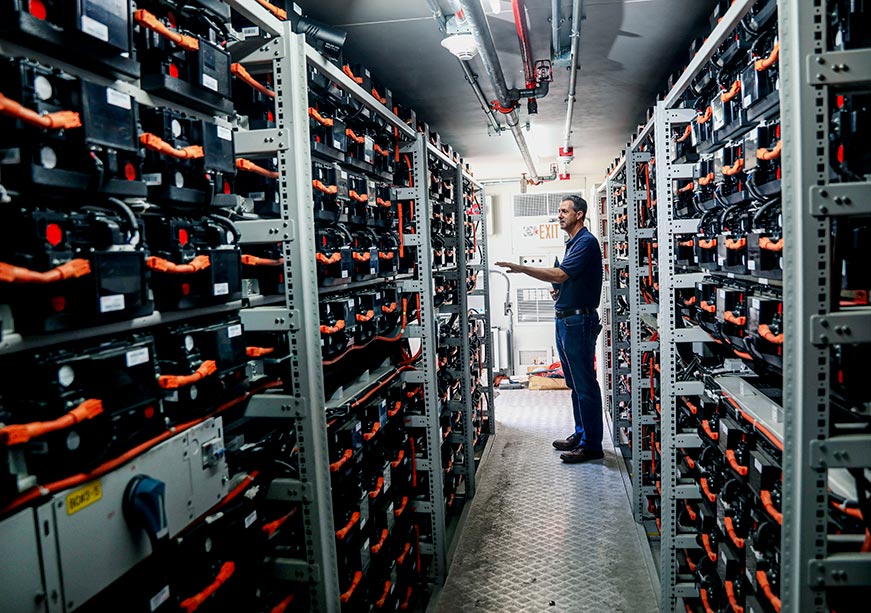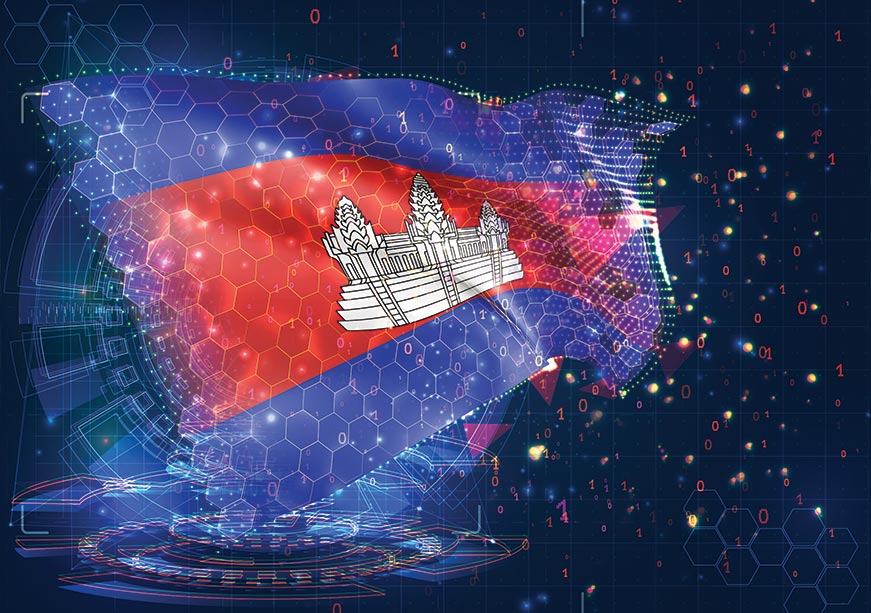June 4th was the fifteenth anniversary of the Tiananmen Square Incident. In 1989, the Chinese Communist Party (CCP) was widely reviled for its violent handling of peaceful student protests. The crackdown prompted stringent political censure of the CCP by the international community and economic sanctions were imposed against China. Since 1989, China has had to engage with the concerns of the international community about its human rights record. China can no longer isolate itself from these concerns in the conduct of its relations with the world. But as China becomes an engine of global economic growth, human rights concerns are being pushed on to the back burner by countries that seek to do business with China.
Amnesty International and the US State department's own annual human rights reports have consistently indicted the CCP for its human rights record. However, this did not prevent the granting of the Permanent Normal Trading Relation (PNTR) status to China in 2000 by the Clinton administration. Since 1989, annual review of China's MFN status was linked by the US to Beijing's human rights record. In 2000, American corporations prevailed upon Washington to end the annual renewal exercise that was harming the long term business prospects of US companies in China. Similarly, in 1989, following the Tiananmen Square Incident, the EU had imposed an arms embargo on China for violation of human rights. Today China is an important market for multi-million dollar defence products and is keen to buy sophisticated weapons and advanced technologies from Europe. The EU embargo is currently under review. While considering the proposal for a review of the ban, the EU, has stated that the human rights situation in China could be improved.
While China has faced pressure from the international community on its human rights record, at the same, it has also managed to renegotiate the dominant definitions of human rights. China has criticized the existing definitions of human rights as western impositions on Asian societies and called for culturally contextual definitions of the concept. In its policy pronouncements on human rights, China sticks to the stand that the issue of human rights is its internal matter and should be judged according to Chinese standards. China has had some support from Southeast Asian countries in crafting an 'Asian' definition of human rights. It cannot be denied that human rights are, by definition, common to all human beings and the demand for an 'Asian' definition of the concept is to evade responsibility.
However, it is also a fact China's human right record has been used by the US as a tool in its larger containment strategy to restrain the economic and political rise of China. This has given Beijing convenient grounds for criticizing any demands for greater protection of human rights in China as a western conspiracy. In fact, the annual US ritual of releasing a human rights report on China has become a farce with Beijing taking out its own version of a report on human rights in the US. After the Abu Ghraib scandal, the US has little moral standing to present an evaluation of human rights abuses in other countries and China has made full use of this opportunity to decry the US concerns on human rights as hypocritical. The human rights issue has, therefore, merely degenerated into a slanging match between the US and China with concrete progress being made on the issue.
What have been the domestic implications of the Tiananmen Square incident for Chinese politics and what does the incident symbolize today? The 1980s were turbulent times in China as it was going through fundamental economic changes brought about by Deng Xiaoping's Open Door policy. Initiation of economic reforms had also raised expectations of political reforms, which the Party was not ready to undertake. In the post-Tiananmen period the CCP was considerably successful in projecting that the Tiananmen Square incident represented social chaos caused by demands for rapid political democratization. While the handling of the 1989 protests still remains a painful issue, especially for the families of the victims and the survivors of the bloody crackdown, popular perception in China today tends to support the view that rapid political change in not advisable for China. This was reflected in an intellectual trend referred to as "neo-conservatism" that was popular in China in the post-Tiananmen period. Neo-conservatism, not to be confused with the American definitions of rightist politics, combined elements of centralized political authority with calibrated economic liberalization and a stress on nationalism.
With some minor changes, neo-conservatism remains the dominant political trend in China today with the Party carefully cultivating nationalism as the glue that holds China together in the absence of any other dominant political ideology. Both in the popular perception, as well as in the Party, economic performance rather that political accountability has become the key legitimizing principle for political authority in China. In this political climate there is little space for "socially disruptive" demands for rapid political reform. However, conflicting demands of greater political control and a rapidly liberalizing economy are creating tensions between the state and society. Hong Kong is a case in point.
Beijing is currently facing a challenge in handling political aspirations of the people of Hong Kong. In the past months, Hong Kong has seen public protests to demand direct election in the former colony. These protests have been widening in scope and are now highlighting issues that are not directly related to democracy in Hong Kong. A protest held on 31 May 2004 combined demands for greater democratization in Hong Kong with criticism of the CCP"s handling of the Tiananmen Square Incident. For the CCP leadership this is a worrying trend. The Tiananmen Square Incident has strong potential for becoming a symbolic rallying point for political dissidence in Hong Kong and even in mainland China. A loosely organized structure, formed of political dissidents, victims and survivors' support groups like the "Tiananmen Mothers", exists in China and can be tapped by pro-democracy groups in Hong Kong to intensify their expression of dissent against Beijing.
Protests in Hong Kong also present a serious challenge China's innovative framework of "one country two systems". China argues that Taiwan's reunification with the mainland can also be done under this framework and therefore, it is very important for Beijing to present Hong Kong as an economic and political success story. Heavy handed attempts to deal with public protests in Hong Kong are not likely to help China's cause in the international community. A repeat of the crackdown that happened in 1989 is not a very viable option before the Chinese leadership.
China's political development in last fifteen years has seen much creative thinking on the part of the Chinese leadership in managing the challenges of a authoritarian state and a liberal economy. The recent inclusion of private entrepreneurs, the most dynamic class in Chinese society today, into the ranks of the Party is an example. The CCP has a vast organizational structure that provides the political infrastructure to hold China together. It is arguable that in the absence of the CCP China could face serious challenges to its stability and integration. But it is also true that the CCP is increasingly becoming an elite group that perceives any demand for political change as subversive to its own interest and projects that as a threat to peace and stability of the country. In this the CCP has merged its political identity and the China's national identity. This seriously constricts the space for any debate in Chinese politics.
The Party leadership is extremely sensitive about perceived challenges to its authority and its handling of Falun Gong issue is a case in point. On April 25th 1999, nearly ten thousand Falun Gong followers staged a peaceful demonstration at the Tiananmen Square demanding government recognition of their spiritual cult. This was the largest demonstration at Tiananmen Square after the student demonstrations held in 1989. The scale of the protest took the government completely by surprise and it responded by outlawing the Falun Gong and denouncing it as an evil cult. Arguably, it was the organizational potential of the Falun Gong that raised the hackles of the CCP. A massive organization that owed no allegiance to the Party or its ideology could undermine the writ of the Party. In mercilessly crushing the Falun Gong movement over the past five years, the Chinese government revived memories of the Tiananmen Square incident. In both the cases, the Party has displayed similar resolve to deal with threats to its authority in the teeth of international opposition. However, the change is that now China is seated at the high table of global politics and international economy. It can either continue to stick to the argument that its treatment of its citizens is its internal matter or devise strategies that allow for expression of domestic dissent. The former will continue to deny China its rightful political place in the international arena. And the latter will allow it to construct much needed domestic institutions for political debate and participation, in the absence of which, China will continue to battle with the threat of 'social chaos' in the decades to come.
* Views expressed in this article are those of the author and do not necessarily reflect those of Observer Research Foundation.
The views expressed above belong to the author(s). ORF research and analyses now available on Telegram! Click here to access our curated content — blogs, longforms and interviews.




 PREV
PREV

